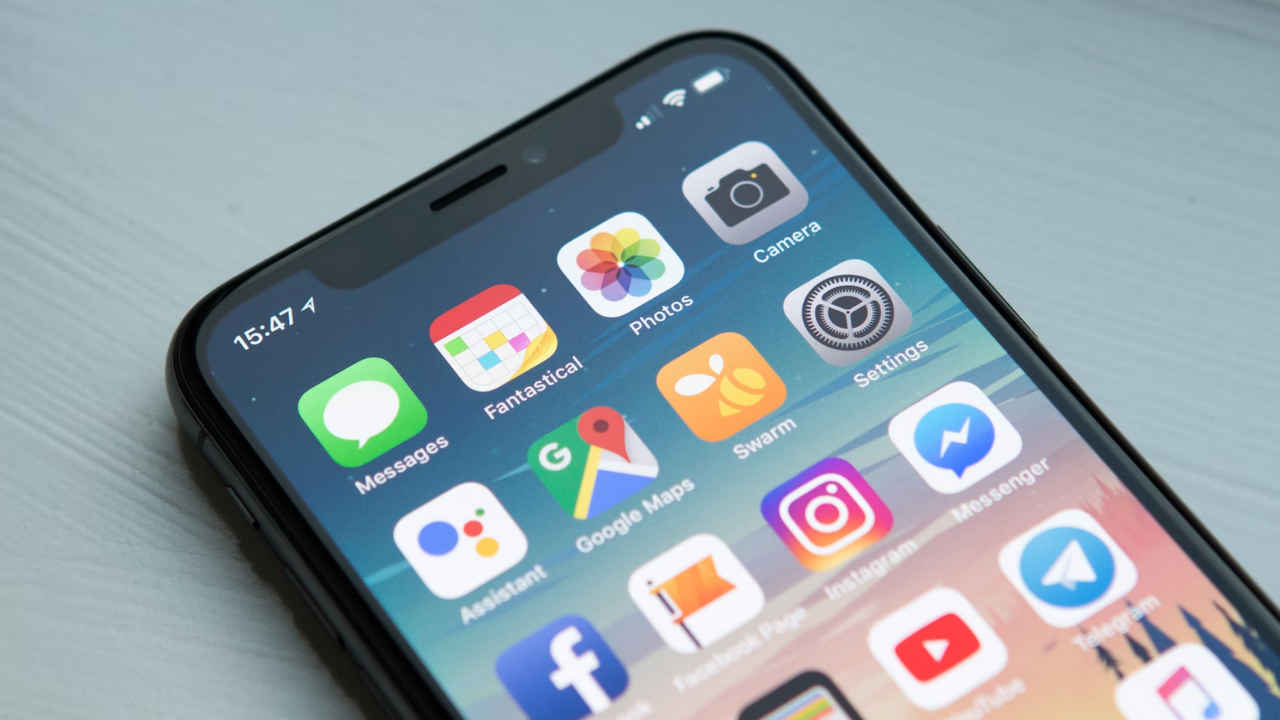EU mandates Apple to allow 3rd party app stores and apps on its devices

Apple will have to allow third-party app stores and apps to run on its platforms.
The European Union has given six months to comply with a list of dos and don’ts that it has given them.
If they don't follow this then they will have to pay a fine amounting to 10% of the company’s total worldwide annual turnover.
The European Union has passed and is now implementing its Digital Markets Act (DMA) rule. Owing to the new rules of DMA, major tech companies have to face the brunt. And this time, it’s Apple’s turn. To comply with EU’s DMA rules, Apple has to change some of its concrete ways. Let’s find out more about it.
Apple has now admitted that it has to make changes to comply with the EU’s policy. Against its ways, Apple will have to allow third-party app stores and apps to run on its platforms. The California-based company was appointed as one of the 6 “gatekeepers” by the EU as it “provides an important gateway between businesses and consumers in relation to core platform services”. These businesses include both app developers and publishers.
To all the gatekeepers, the European Union has given six months to comply with a list of dos and don’ts that it has given them. The deadline for the same is 7, March 2024.
Also read: iOS 17 will support app sideloading on iPhone, thanks to EU law

There are three major changes that Apple will have to make in order to comply. This would even include surpassing its “walled garden security”.
Firstly, as I mentioned earlier, Apple will have to allow third-party Apps to function on its devices under certain circumstances. Not only this, Apple will also have to provide them with the data they generate on its platforms like App Store and OS. Lastly, Apple will also have to permit payments and other transactions by app developers to happen even outside its Apple Walled Garden.
This is not as simple as it seems. There are a lot of other changes that Apple will have to follow to implement these. Like it cannot stop Apple users from uninstalling the pre-installed devices. It cannot even prioritise its own services over that of the competitors. And Apple has also been asked not to track end users outside its platforms for advertising, for better privacy.
Also read: Apple working on emotion measuring tech, health services with advanced AI

If Apple, or in that case any other gatekeeper, doesn’t follow this then they will have to pay a fine amounting to 10% of the company’s total worldwide annual turnover. This will increase to 20% if the company repeatedly does it. On top of this, they might have to give away a 5% average daily turnover as a periodic penalty too.
Apple is most likely going to comply with these rules. The company said, “(Apple) expects to make further business changes in the future including as a result of legislative initiatives impacting the App Store, such as the EU Digital Markets Act, which the Company is required to comply with by March 2024″, in its annual 10k filing report to the US Securities and Exchange Commission.
Further, Techcrunch reported that Morgan Stanley analysts suggest that Apple is in a good position to make these changes because of “App Store’s security, centralization, and convenience.” And added that Apple will allow third-party app stores in Europe.
Mustafa Khan
Mustafa is new on the block and is a tech geek who is currently working with Digit as a News Writer. He tests the new gadgets that come on board and writes for the news desk. He has found his way with words and you can count on him when in need of tech advice. No judgement. He is based out of Delhi, he’s your person for good photos, good food recommendations, and to know about anything GenZ. View Full Profile





